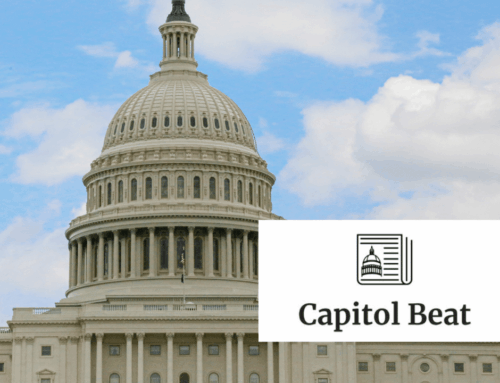In his address to Congress, President Obama pledged to cut the annual budget deficit in half by the end of his term. The problem is, this goal would keep deficit levels higher than the record deficits we have seen over the last eight years.
The bottom line is we have to do better. The largest budget deficit during the Bush presidency was $454 billion in 2008. At the time, that was a record. Everyone knows that record will be smashed to bits with the deficit estimated (pdf) to exceed $1.7 trillion in 2009. Right on the heels of that is a predicted deficit of $1.2 trillion in 2010.
We understand the argument that the country is in a deep recession, committing unprecedented funds to a bailout of the financial system and to stimulate the economy, so there is a need to carry large deficits in the short term. But, the budget the Administration released predicts the economic recovery starting in 2010, thus deficit reductions should and can be more aggressive before the end of the Presidential term in 2013.
Let’s be clear—the recent go-go spending years put the country in a deep fiscal hole. During President Bush’s two terms the debt nearly doubled, from $5.6 trillion to $10.6 trillion. The idea that there are no problems with running large budget deficits in an economic boom is intellectually bankrupt. We should have been saving for lean times in recent years, but we didn’t.
Unfortunately, the proposed budget doesn’t go far enough in reversing the bad habits of recent years. It’s not just that halving the budget deficit by 2012 is an underwhelming goal, it’s that the Administration is betting on significant deficit spending as the right economic strategy even after they predict strong economic growth after 2009. The predicted annual deficits through 2019 all exceed half a trillion dollars, piling nearly $7 trillion on top of the debt over the next ten years.
Budget documents are largely political statements, and even the most honest budgets will be imprecise, based at least in part on policy wish lists. The good news is that the Administration’s proposed budget does away with some budgetary gimmicks. There is a return to 10 year budget predictions (rather than only five years) and the costs of the Iraq and Afghanistan wars are finally being included. We welcome these changes to add more clarity to the budget.
But there are still a lot of smoke and mirrors. Like budgets of past administrations, the underlying projections rely on unspecified and unsubstantiated savings from eliminating waste, and counts on future receipts from uncertain programs like a controversial cap and trade proposal to deal with climate change.
When the budget was released, Office of Management and Budget Director Peter Orszag argued that Medicare and health care were ticking time bombs that the country had to deal with or else they would break the budget. We don’t disagree. But budgets are about priorities and we have to fiscally walk and chew gum at the same time – make the tough spending and revenue decisions to deal with the deficit and Medicare at the same time. Otherwise, we are crippling the country’s economic future.










